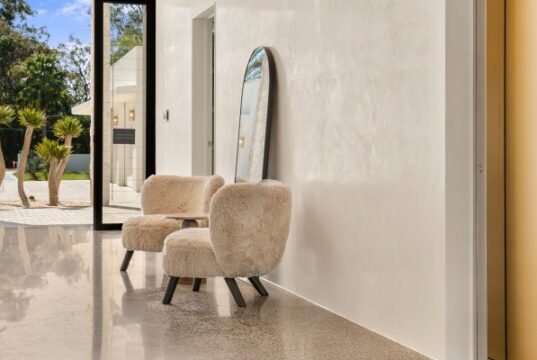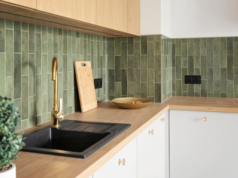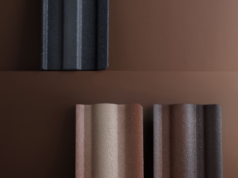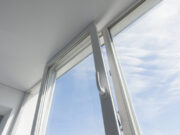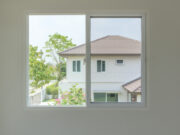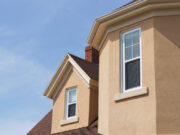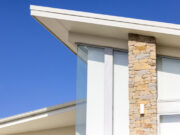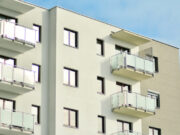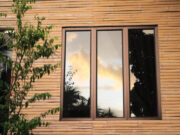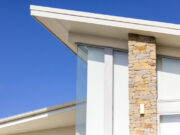Tilt and turn windows
Tilt and turn windows are a versatile window style gaining popularity in Australian homes, particularly in urban and high‑density areas. They offer multiple opening functions combining the benefits of casement, hopper and fixed windows into a single unit.
Fibreglass windows
Fibreglass window frames are made from glass‑fibre‑reinforced polyester or similar composite materials. Their strength and low U‑value provide excellent thermal performance. Although not yet common in Australian housing, fibreglass is now regarded as one of the most thermally efficient frame materials available.
Types of windows
Australia offers a wide range of window styles to suit different climates building types and design preferences. Choosing the right type can improve energy efficiency ventilation comfort and aesthetics.
Window checklist
Created and approved by the BUILD.com.au team, this window checklist is designed to guide you through the process step by step—whether you’re just starting...
Window & glass regulations
Windows play a vital role in a home’s safety, energy efficiency and comfort—but not all windows are created equal. In Australia, strict regulations and Standards gov
How to choose the right windows
Windows are essential elements of any home. They provide natural light, ventilation and contribute to the overall comfort and energy efficiency of your living space. Choosing the right window is more important than ever in 2025, with advances in technology and a growing focus on sustainability shaping the options available to homeowners and renovators across Australia. This guide will help you navigate the key considerations to select windows that best suit your needs.
What are energy efficient windows?
Windows are one of the main reasons a home loses heat in winter and gains heat in summer. Selecting high performance windows is critical to achieving modern energy efficiency standards and reducing ongoing energy bills.
Climate considerations for windows
When selecting windows for a new build or renovation, it is essential to consider Australia’s varied climate zones and the latest energy efficiency requirements. The National Construction Code (NCC) now mandates a minimum 7‑star NatHERS rating for all new residential projects.
Bushfire safety and windows
Australian Standard AS 3959:2018 defines Bushfire Attack Levels from BAL‑Low through to BAL‑FZ. This standard remains the basis for designing buildings in bushfire‑prone areas. All new builds and renovations must undergo a BAL assessment to determine the required level of resistance to ember attack, radiant heat and flame contact.
Window regulations and labels
Windows are often one of the least frequently replaced features in a home. This makes it essential to select windows that meet current building...

